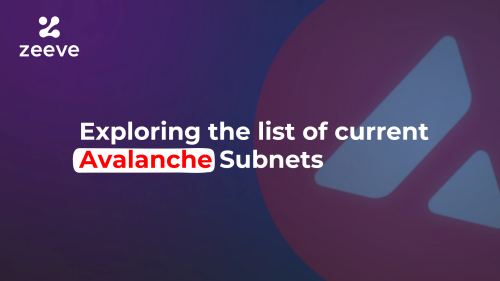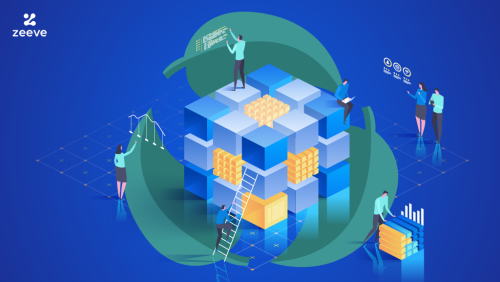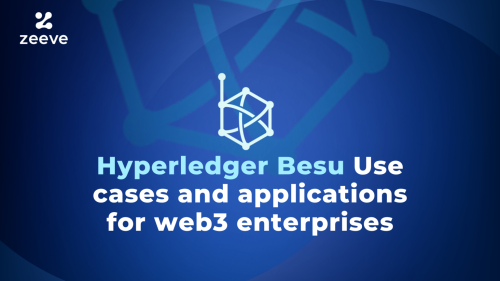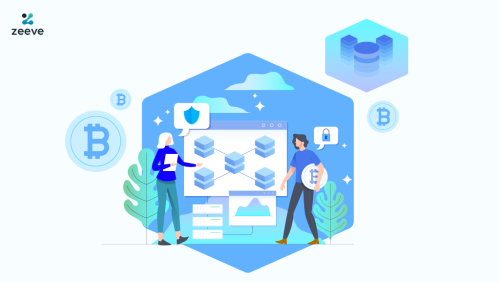GBA and FIBREE Organize Climate Change, Land Use, Blockchain Roundtable
Blockchain, Climate Change at the Nexus of Land Use and Land Tenure
Can blockchain technology “solve climate change”? Can it mitigate risks? The session will dynamically address all of the issues related to blockchain, climate change, and the potential of this new technology to help us respond and adapt to a new environment brought upon by climate change and extreme weather aberrations.
Power of Chain LLC & Government Blockchain Association & Global Strategic Partner FIBREE (Foundation for International Blockchain Real Estate Expertise Organize Blockchain Roundtable

Land Governance Challenges and Climate Change:
Handling Pressures, Upholding Rights (June 29-July3)
LANDAC INTERNATIONAL ON-LINE CONFERENCE 2020
I will be moderating a panel of blockchain, climate change and land use experts on the topic of: “Monitoring, Managing and Protecting the Integrity of Land Governance Systems, Land Registration and Land Claims from Climate Change Effects Using Blockchain Technology”. (Scheduled for July 1st).
Below is a description of the session.
The 4-day conference is free and open to the public. Here’s the link for more info and to register: https://lnkd.in/eqE5UTU
WHO IS LANDAC? LANDac, the Netherlands Land Academy, is a partnership between Dutch organisations and their Southern partners working on land governance for equitable and sustainable development. The LANDac network brings together actors, conducts research, and distributes information, focusing on new pressures and competing claims on land and natural resources.
Session Description
By John Dean Markunas, Power of Chain LLC, Leader GBA Land Registry Working Group
According to a 2018 U.N. climate report, the world has only about 12 years to reduce carbon emissions and avoid the worst impacts of climate change affecting many aspects of earth’s ecosphere including effects on property ownership, the potential of land claims based on the changing nature of boundary lines and the subsequent changes in land administration policies and implementation of such policies and regulations. Climate change as it relates to land, property ownership, zoning, construction, agriculture and other sectors are all being affected. These changes are bringing about
risks we haven’t considered before. They will affect the attitudes of global real estate investment by the private sector and influence financing policies and loan underwriting for home ownership, home improvements and residential and commercial real estate development by both private and public institutions.
One of the biggest dangers of climate change is the displacement of world citizens and businesses from rising seas, flooding, and weather changes affecting practical and traditional land uses and land use policies. Climate change as it relates to land will also open up a Pandora’s Box of potential fraud and corruption.
Blockchain, the technology behind cryptocurrencies like bitcoin, is being discussed as one of the latest solutions to combat climate change and mitigate risks. There is a lot of hype about this new technology and its ability to aggregate data and facilitate data analytics to the point where it will solve climate change.
Only two years ago there was little global discussion about blockchain and climate change. Increasingly we are seeing conferences, panels, workshops and open discussion on how blockchain could help mitigate climate change and subsequently create new improvements in land registration systems and land administration policies to counteract the onslaught of climate change and the challenges it will bring.
Can blockchain technology “solve climate change”? Can it mitigate risks? The session will dynamically address all of the issues related to blockchain, climate change and the potential of this new technology to help us respond and adapt to a new environment brought upon by climate change and extreme weather aberrations.
####






Responses